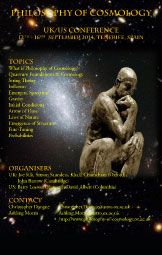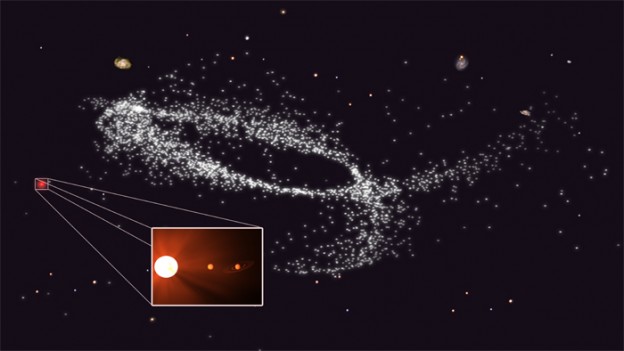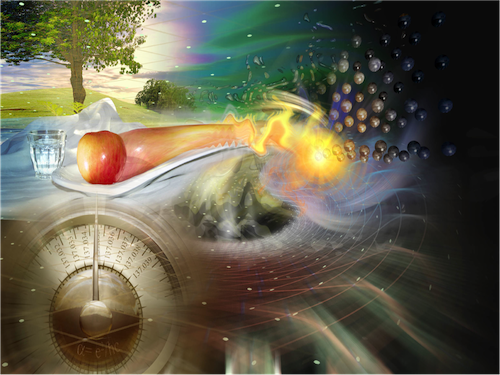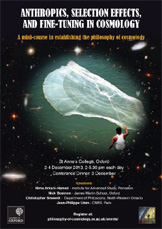Convened by Dennis Lehmkuhl
The following seminars will take place at 4.30 p.m. on Thursdays, weeks 1-8, in the Lecture Room of the Philosophy Centre.
Please note the Centre’s NEW ADDRESS: Radcliffe Humanities, Radcliffe Observatory Quarter, Woodstock Road, Oxford OX2 6GG. (This is the old Radcliffe Infirmary building.) The Lecture Room is on the second floor.
Abstracts are posted weekly.
Thu 23 January (week 1): Peter Vickers (Durham):
Divide et impera realism and single slit diffraction: a reply to Brooker, Saatsi, and Vickers
Thu 30 January (week 2): David Wallace (Oxford):
Deflating the Aharonov-Bohm Effect
Thu 6 February (week 3): No seminar
Thu 13 February (week 4): Joerg Schmiedmayer :
How does the classical world emerge from microscopic quantum evolution?
Thu 20 February (Week 5): Domenico Giullini (Hannover and Bremen):
Gravitation and Quantum Mechanics
Thu 27 February (Week 6): Tessa Baker (Oxford):
Cosmological Tests of Gravity
Thu 6 March (Week 7): Sean Gryb (Perimeter Institute):
Symmetry and Evolution in Quantum Gravity
Thu 13 March (Week 8): Philip Goyal (SUNY):
An Informational Approach to Identical Particles in Quantum Theory
Previous seminars >





